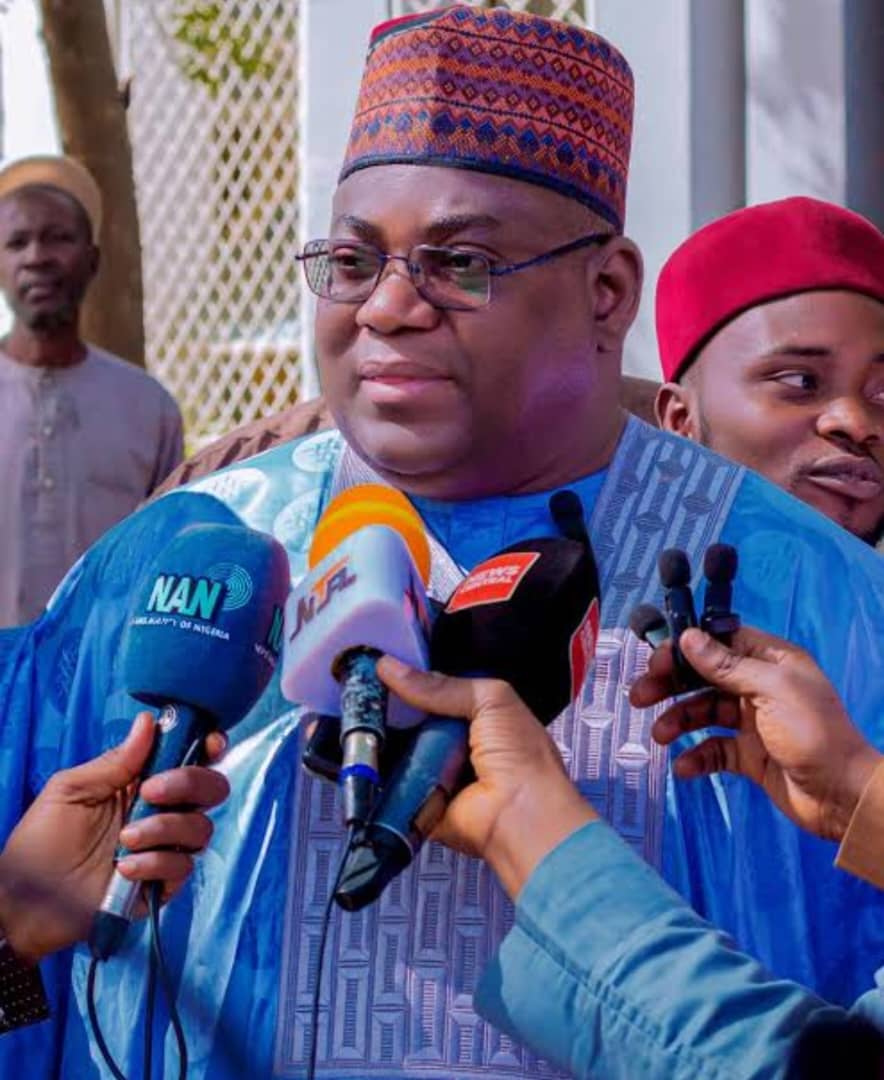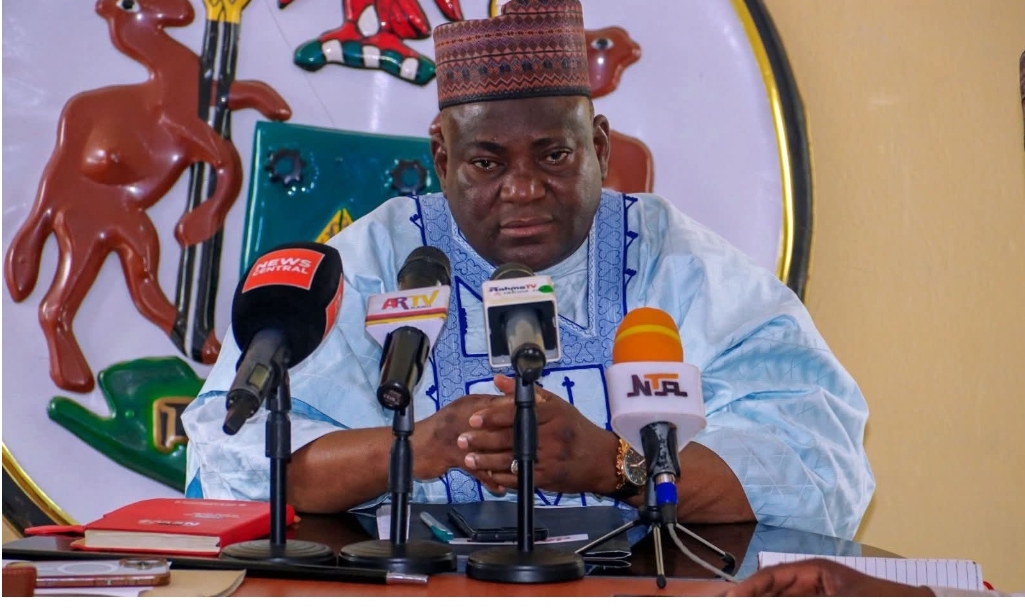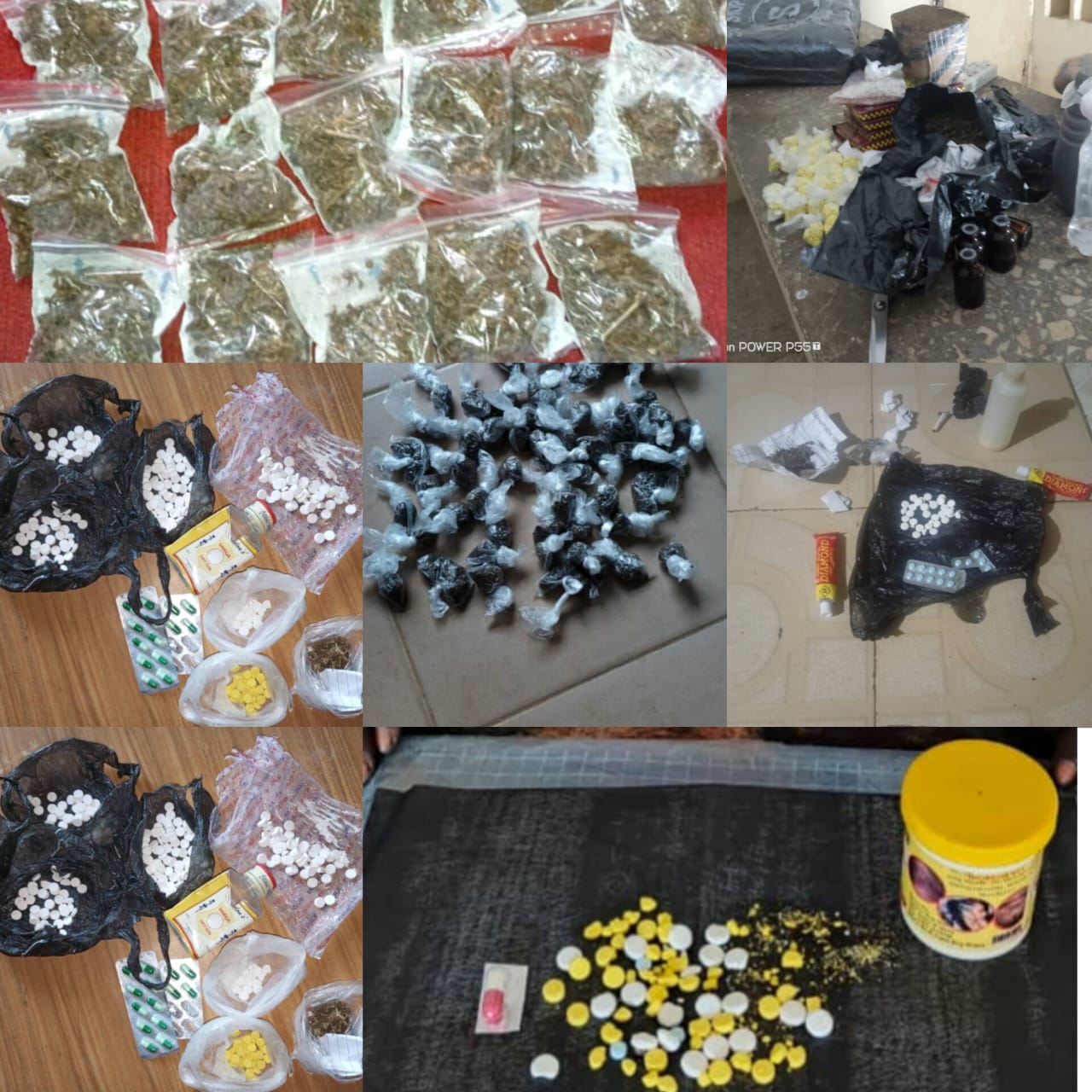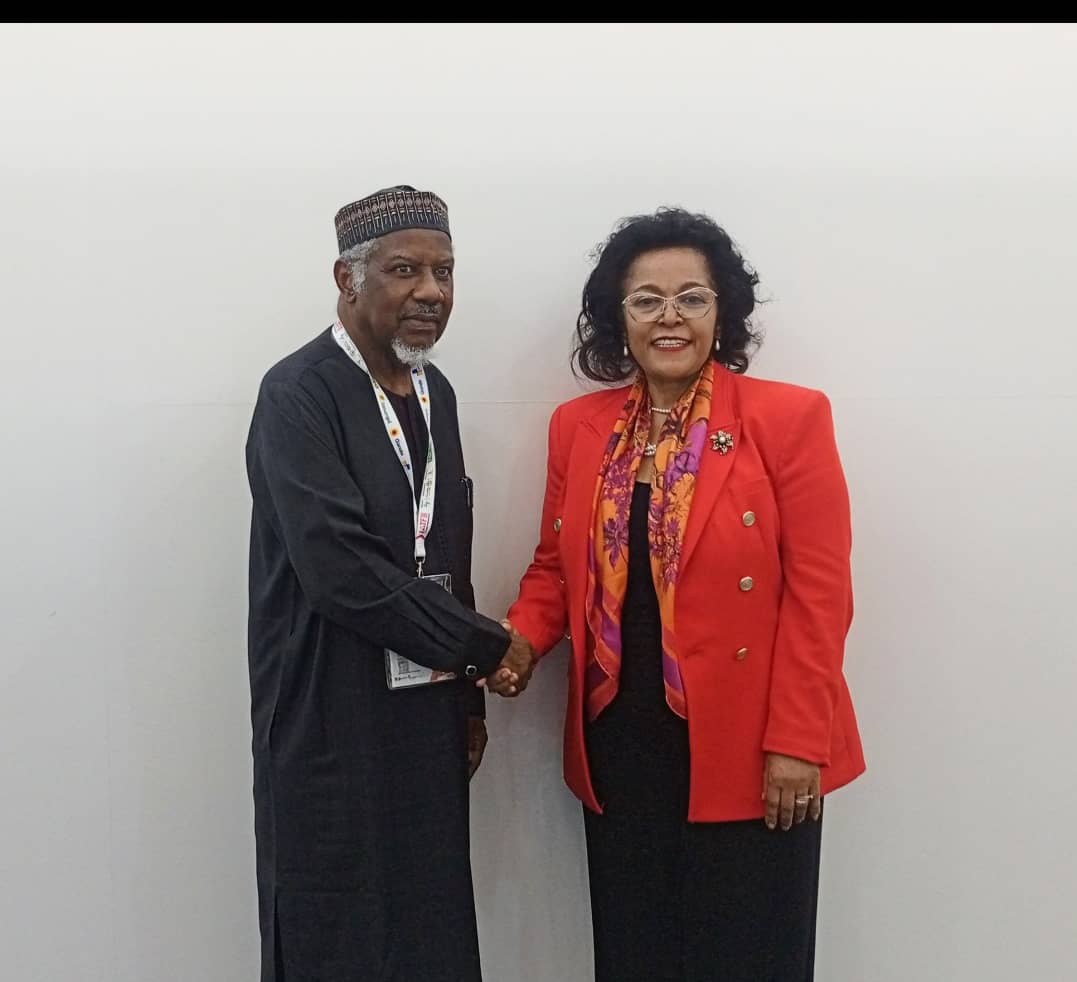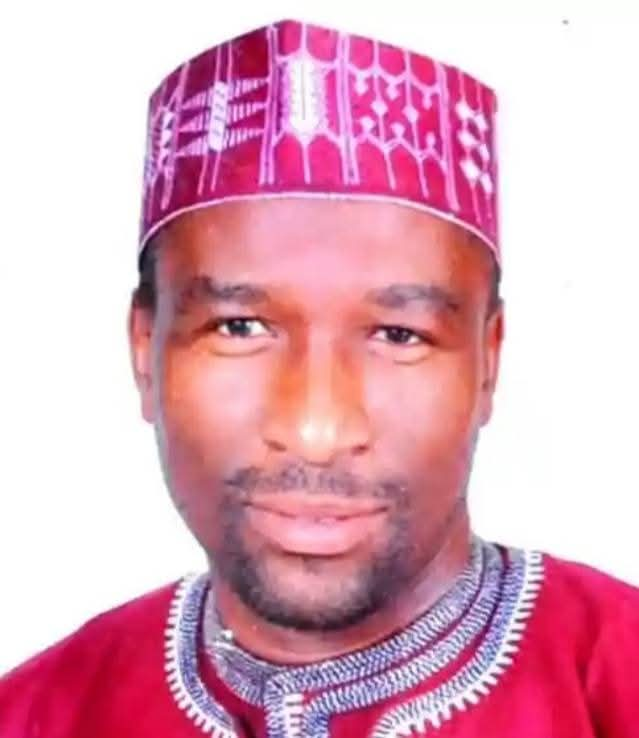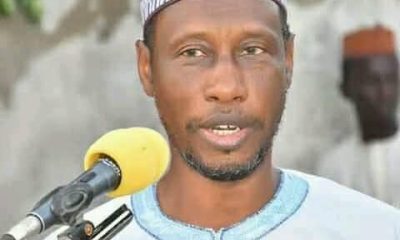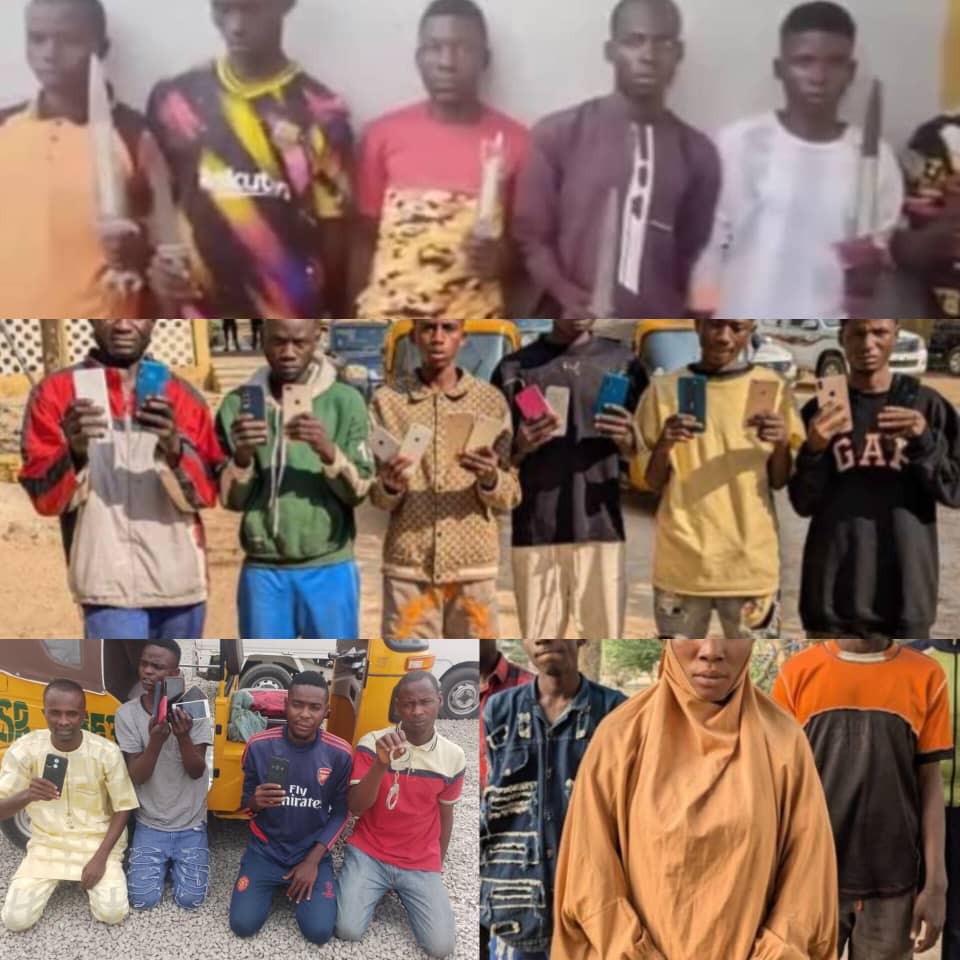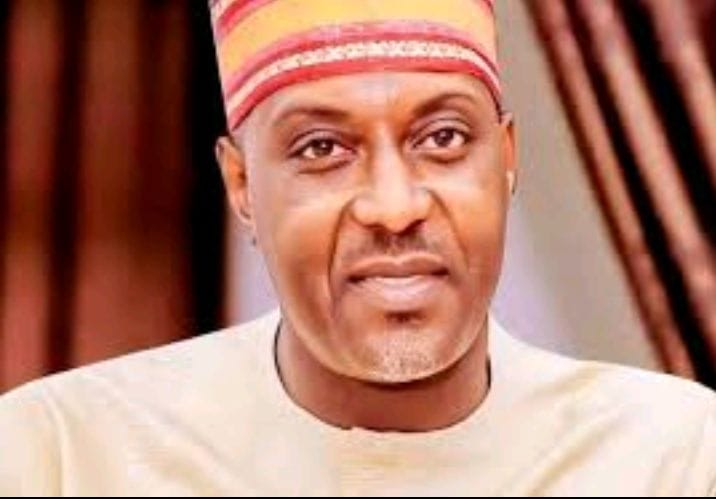The League of Civil Organizations in Kano have demanded the immediate suspension and prosecution of all officials involved in exposed scandal allegedly linked to Director General of Protocol, Government House Kano, Abdullahi Ibrahim Rogo, standing accused of diverting N6.5 billion in state funds through a network of shell companies and bureau de change operators.
Read Also: NSCDC Takes Over Kano Training College Built by Deputy Senate President, Hadejia Jama’are Authority
The League in a jointly statement endorsed by Comrade Bala Abdullahi Gaduwama, Wuro Development Concerns (WDCN) and other 19 CSOs, urged Government to fully cooperate with the ICPC and the EFCC to ensure swift transparent prosecution.
The League said as third sector, it has moral and constitutional duty to speak truth toward promoting good governance.
Details…..
KANO STATE AT A CROSSROADS: CIVIL SOCIETY DEMANDS ACCOUNTABILITY AMIDST ALARMING CORRUPTION ALLEGATIONS
In recent weeks, Kano State has been rocked by two deeply troubling revelations involving senior government officials accused of syphoning billions of naira in public funds. These allegations, brought forward by Nigeria’s foremost anti-graft agencies, the Independent Corrupt Practices and Other Related Offences Commission (ICPC) and the Economic and Financial Crimes Commission (EFCC), have cast a dark shadow over the integrity of governance in the state and threaten to erode public trust, economic stability, and the credibility of development efforts.
On July 18, 2025, the Nigerian Tribune reported that the ICPC had concluded investigations into a ₦1.02 billion money laundering scheme allegedly orchestrated by the Chairman of the Kano State Independent Electoral Commission (KANSIEC), Professor Sani Lawan Malumfashi, alongside the Commission’s Secretary, Anas Mustapha, and a Deputy Director in the Accounts Department, Ado Garba. According to the ICPC, the trio conspired to transfer over ₦1 billion from KANSIEC’s Unity Bank account to a private company, SLM Agro Global Farm, under the guise of facilitating payments to ad hoc electoral staff. The commission’s findings revealed that the banking system had already successfully disbursed payments to electoral officers, rendering the cash transaction not only unnecessary but a deliberate attempt to circumvent financial regulations and launder public funds.
Barely a month later, on August 22, 2025, the Daily Nigerian exposed another scandal involving the Director General of Protocol, Government House Kano, Abdullahi Ibrahim Rogo, who stands accused of diverting ₦6.5 billion in state funds through a network of shell companies and bureau de change operators. The EFCC and ICPC investigations uncovered that Mr. Rogo used companies such as H&M Nigeria Limited, A.Y. Maikifi Petroleum, and Ammas Oil and Gas Limited to channel funds for fictitious contracts. These funds were then converted to U.S. dollars and handed over in cash, bypassing all formal accountability mechanisms. Court documents revealed that Mr. Rogo’s personal and corporate bank accounts recorded suspicious inflows and outflows amounting to billions of naira, prompting the Federal High Court in Kano to order the permanent forfeiture of ₦142.2 million and freeze multiple accounts linked to the scandal.
A Pattern of Abuse and the Erosion of Public Trust:
These cases are not isolated incidents. They reflect a disturbing pattern of systemic abuse of public office, where state institutions are weaponised for personal enrichment. The implications are far-reaching and devastating:
1. Collapse of Public Trust: The people of Kano State, who entrusted this administration with their votes and hopes, are now confronted with betrayal. When elected officials and senior bureaucrats are implicated in grand corruption, it signals a breakdown of the social contract and breeds cynicism, apathy, and disillusionment among citizens.
Read Also: NDLEA Arrests Suspect With 9KG Cannabis Worth Over N10 Million Along Zaria-Kano Road
2. Threat to Foreign Direct Investment (FDI): Investors seek stability, transparency, and accountability. The exposure of high-level corruption sends a clear message to potential foreign investors: Kano State may not be a safe or reliable destination for capital. This undermines efforts to attract investment that could create jobs, boost infrastructure, and stimulate economic growth.
3. Loss of Development Partnerships: International donors, NGOs, and development agencies operate on trust. The fear that funds may be misappropriated discourages collaboration and jeopardizes ongoing and future projects aimed at improving education, healthcare, water access, and poverty alleviation.
4. Institutional Decay: When electoral commissions and government houses, pillars of democratic governance, are implicated in corruption, it weakens the very institutions that uphold democracy. It also demoralizes honest public servants and creates a culture of impunity.
5. Youth Disenfranchisement: The youth, who represent the future of Kano State, are watching. These scandals reinforce the perception that merit, integrity, and hard work are irrelevant in a system dominated by corruption. These risks alienating young people from civic engagement and public service.
Our Demands:
As the third sector, civil society organizations in Kano State have a moral and constitutional duty to speak truth to power. The League of CSOs in Kano State, therefore calls on the State Government to take the following urgent steps:
1. Immediate Suspension and Prosecution: All officials implicated in these scandals must be suspended from office pending the outcome of investigations. The government must cooperate fully with the ICPC and EFCC to ensure swift and transparent prosecution.
2. Independent Audit of State Finances: An independent forensic audit of all state ministries, departments, and agencies should be commissioned to uncover any additional cases of financial misappropriation.
3. Strengthening Oversight Mechanisms: The State Assembly must strengthen its oversight functions and ensure that budgetary allocations are monitored and evaluated rigorously.
4. Public Disclosure and Transparency: The government must publish quarterly financial reports detailing revenue, expenditure, and procurement processes to rebuild public confidence.
5. Protection of Whistleblowers: Individuals who expose corruption must be protected from retaliation and intimidation. A whistleblower protection framework should be enacted and enforced.
6. Engagement with Civil Society: The government should establish a formal platform for regular dialogue with NGOs, community leaders, and watchdog groups to promote participatory governance.
Conclusion:
Kano State stands at a crossroads. The choice before us is clear: either we confront corruption head-on and restore integrity to public office, or we allow the rot to deepen, risking the collapse of our institutions and the future of our children. The League of NGOs, Kano State, will not remain silent. We will continue to monitor, advocate, and mobilize until accountability is achieved and justice is served.
We urge the good people of Kano to remain vigilant, demand transparency, and hold their leaders to the highest standards of integrity. Corruption is not just a crime; it is a betrayal of every child who goes to school without books, every patient who visits a hospital without medicine, and every citizen who dreams of a better tomorrow.
About the League of Civil Society Organizations in Kano State:
The League of Civil Society Organizations in Kano State is a coalition of civil society organizations committed to promoting transparency, accountability, and inclusive development across the state. Established as a unified platform for advocacy, policy engagement, and community empowerment, the League brings together diverse non-governmental actors working in education, health, governance, human rights, and humanitarian response. Through coordinated action and strategic partnerships, the League of CSOs serves as a watchdog, a voice for the marginalized, and a catalyst for positive change, ensuring that public institutions uphold the values of integrity and service to the people of Kano State.
Endorsed by:
1. Comrade Bala Abdullahi Gaduwama – Wuro Development Concerns (WDCN)
2. Yusha’u Sani Yankuzo, Esq. – Centre for Human Rights and Social Advancement (CEFSAN)
3. Mohammed Bello – African Centre for Innovative Research and Development (Afri-CIRD)
4. Abdullahi Y. Sule – Youth and Environmental Development Association (YEDA)
5. Adeniyi Aremu – Civil Society Organization for Conflict Resolution in Nigeria (CS-CRIN)
6. Comrade Fatima A. Ibrahim – United Action for Democracy (UAD), Kano State
7. Muhammad Yahaya – Youth Empowerment and Human Development (YEHDI)
8. Abba Bello Ahmed – Campaign for Democracy (CD), Kano State
9. Comrade Sani Ibrahim Narogo – Joint Action Front (JAF), Kano State
10. Comrade Moh’d Sani Garba – Pay it Forward Initiative
11. Fatima Muhammad – Nigerian Environmental Society (NES)
12. Aminu Sani Muhammad, Esq. – Rule of Law and Justice Advancement Network (ROLJAN)
13. Fatima Badamasi Ibrahim – Gender Support and Youth Empowerment Initiative (GENSAYE)
14. Buhari Abubakar Usman – Centre for Legal Orientation and Humanitarian Aid (CELOHA)
15. Abdullahi Yahaya, Esq. – Publish What You Pay (PWYP), Kano State
16. Hafiz A. Wali, Esq. – Rise Up Youth Initiative (RUYI)
17. Comrade Auwal Salisu – Centre for Awareness Reorientation and Empowerment (CARE-Africa)
18. Umar Isa Sulaiman, Esq. – Frontier for Gender Advocacy, Accountability & Empowerment Initiative
19. Maryam Garba Usman – Centre for Gender and Social Inclusion (CAGSI)
20. Fatima Chabir Aliyu, Esq. – Community Based Equal Justice Initiative

